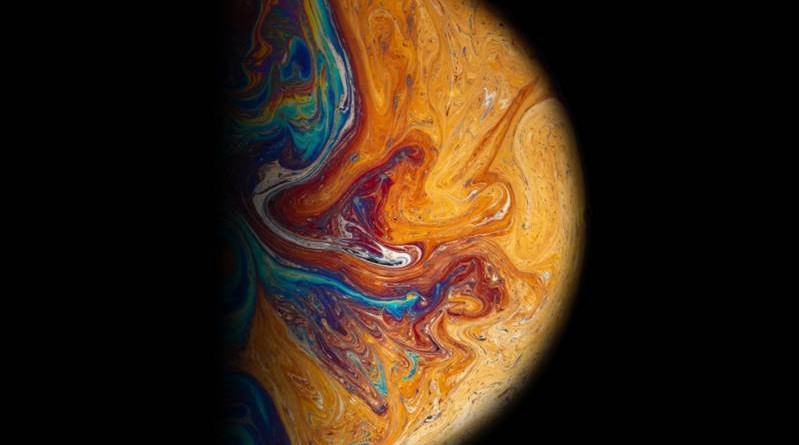Japan’s discharge of contaminated water brings great uncertainty to global environment UN expert
Marcos Orellana, the United Nations (UN) Special Rapporteur on toxics and human rights, has said that the disposal of contaminated Fukushima waters into the Pacific Ocean will bring enormous uncertainty regarding the move’s potential impact on the global environment.
The prejudicial decision of Japanese Prime Minister Suga’s cabinet to dump over 1.23 million tons of contaminated Fukushima Daiichi waters has drawn widespread condemnation from environmental organizations, civil societies, China, South Korea, and the UN.
“At this time, scientists are warning that risks of certain radioactive substances, such as tritium, that are present in the Fukushima waters have been underestimated,” the UN expert told Xinhua on Thursday, this year’s Earth Day. “There is still significant uncertainty regarding the potential impact.”
Although the Japanese government has collaborated with the International Atomic Energy Agency (IAEA), Orellana stressed that the support of IAEA alone “does not mean that Japan is discharged from its other international legal obligations.”
“Modern public international law establishes a keystone obligation to prevent environmental harm to other countries or to the marine environment,” he noted. “This obligation requires due diligence on behalf of Japan, which means Japan must do everything within its ability and capability to prevent damage to other countries and to the marine environment.”
The UN expert warned that the existing technical standards of IAEA “may not offer adequate protection.” “The so-called Advanced Liquid Processing System (ALPS) applied by Japan does not remove certain radioactive substances, such as tritium and carbon-14,” he said.
“Organic tritium is tritium that binds in the molecules of species, plants, and then fish, and then goes up the food chain, and can eventually harm humans,” the expert added.
“The United Nations Convention of the Law of the Seas requires state parties to protect the marine environment and to prevent pollution,” Orellana said.
“Regional conventions in the Pacific reiterate the duty to prevent transboundary environment harm… It is clear that high and low radioactive wastes can pose significant transboundary threat to the marine environment,” he said.
The expert also mentioned that states need to carry out an environmental impact assessment study that will look at risks in detail, potential alternatives in detail, and will enable consultations in detail.
However, no such information has been shared by the Japanese government. “To my knowledge, the Special Rapporteur on Toxics and Human Rights has not received information regarding the carrying out of an environmental impact assessment in this case,” he said.
The expert also emphasized the duties of consultation between nations, which are stipulated by international environmental law, when plans, projects, or decisions threaten to cause environmental harm.
“These consultations are very important, because they enable and inform the exchange of views regarding possible risks and alternatives,” he noted.
“At the same time, international human rights law establishes a duty on states to consult people, communities that may be potentially affected by their decisions,” he added.
Orellana also mentioned the triple crisis the Earth has been facing — toxic pollution, climate change and biodiversity loss. “If we continue to pollute the planet, we are putting human existence in jeopardy.”
“I would also like to say that human rights require a clean and healthy safe environment. A healthy life is not possible where the environment is polluted,” he said. “That’s why governments have a duty to prevent exposure to toxic substances. Everyone has the right to live in a healthy environment.




